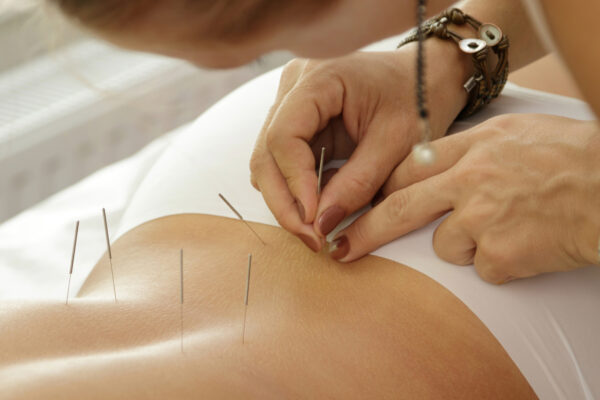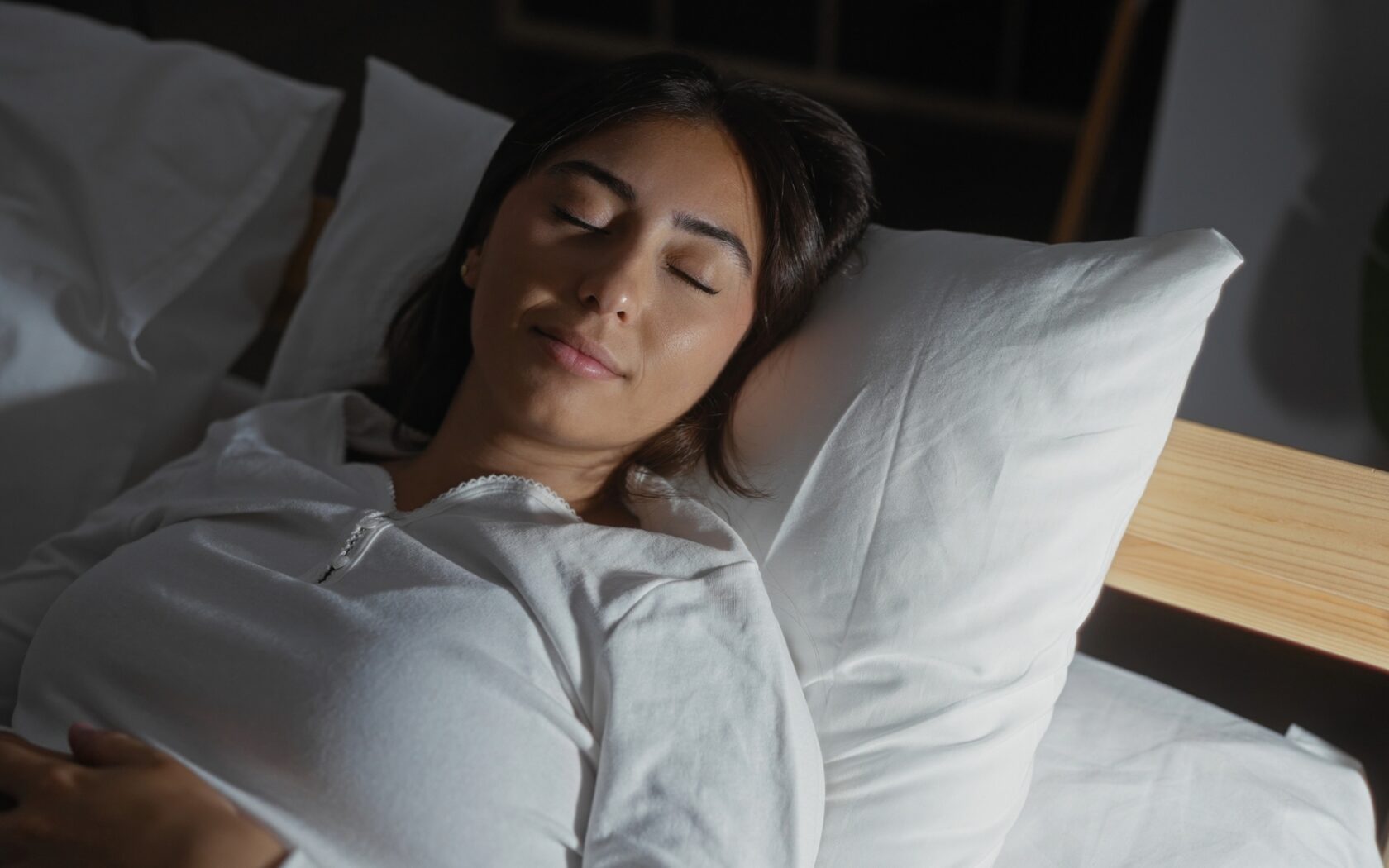Struggling with insomnia or restless nights? Discover how acupuncture for sleep offers natural, effective relief without the side effects of medication.
Getting a good night's sleep is something many people struggle with. Whether it's from stress, pain, or just a restless mind, sleep problems can leave you feeling tired and frustrated. Instead of turning to medication right away, more people are trying natural options like acupuncture for sleep—and for good reason.
Acupuncture is an ancient healing method that involves placing very thin needles into specific points on the body. The goal is to help your body and mind get back into balance. For sleep problems, acupuncture may help by calming the nervous system, easing pain, and reducing stress—all of which are important for better rest.
How Acupuncture Supports Better Sleep
Here are a few ways acupuncture can make it easier to fall and stay asleep:
1. Reduces Stress and Anxiety
Stress and anxiety are two of the most common reasons people have trouble sleeping. Acupuncture has a calming effect on the body. It can help quiet racing thoughts, lower your stress hormones, and make it easier to relax when it's time to go to bed.
2. Balances Hormones
Your body relies on hormones like melatonin (which helps you feel sleepy) and cortisol (which wakes you up) to keep your sleep cycle on track. Acupuncture can help regulate these hormones naturally, especially if stress or other health problems have thrown them out of balance.

3. Soothes the Nervous System
Acupuncture affects the autonomic nervous system, which regulates functions such as heart rate, breathing, and the body's response to stress. When this system is calm, your body is more likely to enter the rest-and-digest state, which is needed for deep sleep.
4. Relieves Pain
Chronic pain from things like arthritis, migraines, or injuries can make it hard to fall asleep—or wake you up during the night. Acupuncture is known for reducing inflammation and pain, helping your body settle down and stay asleep longer.
Overall, acupuncture considers the whole picture—not just the symptoms—and seeks to address the root causes of your sleep troubles.
What Science Says About Acupuncture and Sleep
You may wonder if acupuncture is supported by scientific evidence. The good news is that several studies have looked into how it can improve sleep:
- Better Sleep Quality: Research shows that people who receive acupuncture often sleep longer and feel more rested when they wake up.
- Effective for Insomnia: A 2022 review of multiple studies found that acupuncture helps adults with insomnia fall asleep faster and sleep more soundly. In some cases, it worked as well as sleep medications—without the side effects.
- Helps With Mental Health: Since anxiety and depression are often linked to sleep problems, it's helpful to know that acupuncture may also ease those issues.

Some experts believe that part of acupuncture's effects may be due to the placebo effect. But even so, many researchers agree that it has real benefits for people struggling with sleep.
Acupuncture for Different Types of Sleep Problems
Acupuncture can help with a variety of sleep issues:
- Insomnia: Whether you can't fall asleep, wake up often, or get up too early, acupuncture may help calm your mind and support a more restful sleep pattern.
- Pain-Related Sleep Trouble: If conditions like back pain, fibromyalgia, or headaches keep you up at night, acupuncture can help reduce the discomfort so you can sleep more peacefully.
- Anxiety at Bedtime: Many people find their anxiety spikes at night. Acupuncture can help calm those racing thoughts, allowing your body and mind to wind down naturally.
What makes acupuncture unique is that it aims to treat the cause—not just mask the symptoms—of your sleep struggles.
What to Expect at Your First Acupuncture Appointment
If you're thinking about trying acupuncture for sleep, here's a quick overview of what usually happens:
- Initial Consultation: Your acupuncturist will ask about your sleep habits, stress levels, medical history, and any other issues you're experiencing.
- The Treatment: You'll lie down on a comfortable table while the practitioner places very thin needles into specific points on your body—often on your hands, feet, ears, or scalp. The needles stay in for about 20 to 30 minutes.

- Relaxing Experience: Many people find acupuncture to be a relaxing experience that doesn't cause pain. Some even fall asleep during their sessions!
- Focus Points: Some common acupuncture points for promoting sleep include Shenmen (HT7), Anmian, and Sanyinjiao (SP6), which are known for calming the mind and supporting restful sleep.
- Number of Sessions: You might feel better after one or two visits, but many people benefit from a series of treatments (usually 6–12 sessions) for lasting results.
Your treatment will be customized to fit your specific needs, so be honest with your practitioner about how you're feeling.
Is Acupuncture Safe?
Acupuncture is generally very safe when done by a licensed and trained practitioner.
Still, it's good to know a few safety tips:
- Mild Side Effects: You might feel a little tired or sore afterward, or notice slight bruising where the needles were placed. These effects are usually minor and go away quickly.
- Let Your Practitioner Know If:
- You're pregnant: Some acupuncture points should be avoided.
- You take medication: Always mention this so the treatment plan is tailored to your needs.
- You have a bleeding disorder or a pacemaker: Talk to your doctor before trying acupuncture.
As always, check that your acupuncturist is certified and uses clean, sterile needles.

Tips for Making Acupuncture Part of a Healthy Sleep Routine
Acupuncture works best when it's part of a bigger plan to support your sleep. Here are some tips to make the most of it:
- Stick to a Sleep Schedule: Go to bed and wake up at the same time every day, even on weekends.
- Limit Screens at Night: Avoid phones, TVs, and computers at least an hour before bed.
- Create a Calm Space: Make sure your bedroom is cool, dark, and quiet.
- Practice Stress Management: Try yoga, meditation, or deep breathing to relax your mind and body.
- Keep a Sleep Journal: Write down when you go to bed, how well you sleep, and any changes you notice.
If you're still having sleep trouble after trying these tips, talk to your doctor to rule out other conditions like sleep apnea.
Rest Assured, Acupuncture Can Help
Acupuncture offers a gentle, natural way to improve sleep by addressing stress, pain, hormone imbalances, and more. With regular treatments and healthy habits, many people find that they can sleep more deeply and wake up feeling more refreshed.
If you're looking for a drug-free approach to improving your sleep, acupuncture for sleep may be worth exploring.



